A Political Earthquake in Britain with Possible Aftershocks in Europe
Adelina Marini, May 12, 2015
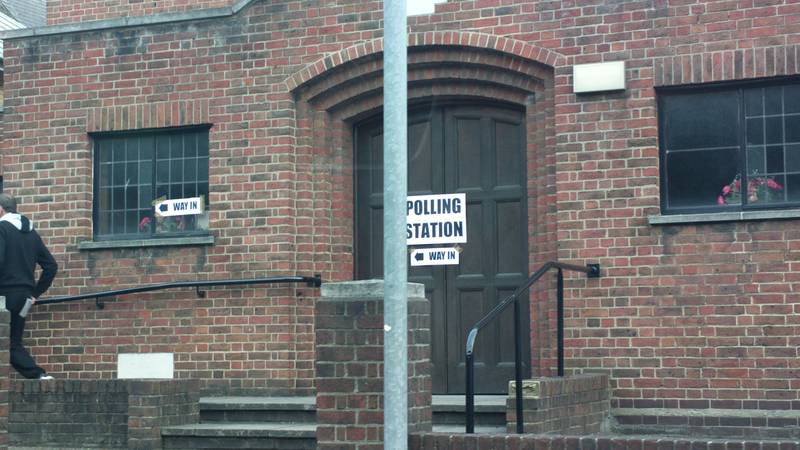 The evening on 7 May was the evening of surprises. No one expected the Conservatives to emerge as the main winner of the regular parliamentary election in Britain. Weeks before the vote pollsters showed a fierce battle between the two major parties - the Conservative party and the Labour party. With the approach of the election the Tories took a slight lead but it was within the statistical error. It was also expected the Scottish National Party (SNP) to wipe Labour out of Scotland. When at 10pm the first exit polls were announced there was confusion and surprise throughout Britain. The exit polls showed that the Tories received 316 seats whereas the Labour got less than 250. There was a talk about a repetition of the recent Conservative-Liberal coalition.
The evening on 7 May was the evening of surprises. No one expected the Conservatives to emerge as the main winner of the regular parliamentary election in Britain. Weeks before the vote pollsters showed a fierce battle between the two major parties - the Conservative party and the Labour party. With the approach of the election the Tories took a slight lead but it was within the statistical error. It was also expected the Scottish National Party (SNP) to wipe Labour out of Scotland. When at 10pm the first exit polls were announced there was confusion and surprise throughout Britain. The exit polls showed that the Tories received 316 seats whereas the Labour got less than 250. There was a talk about a repetition of the recent Conservative-Liberal coalition.
But even these incredible exit polls were surmounted by the coming results. The Tories won 331 seats and can rule completely alone which is deemed in Britain as an unusual electoral success. Labour ended up with 232 seats as key party figures lost their seats. SNP was 3 seats short to take all the Scottish seats in the House of Commons. They have now 56 deputies which is phenomenal growth. Before that the party had only 6 representatives in Westminster. The other very big surprise was the devastating loss of the Liberal Democrats who lost 47 seats. They will have only 8 MPs in the British parliament.
Although there were no big expectations for a strong performance by Nigel Farage's party, the result of the UK Independence Party (UKIP) are also quite disappointing. They received just one seat. All this led to three leaders' resignations. Labour leader Ed Miliband, Lib Dem's Nick Clegg (who was a deputy prime minister in Cameron's first government) and the nationalist-eurosceptic Nigel Farage resigned*. The expectations were that the biggest winner in this election will be SNP leader Nicola Sturgeon who was nicnamed a queen of Scotland, but in fact the biggest winner was David Cameron.
How did it come to this surprise?
The British society at the moment is completely occupied with the search of reasons for the huge discrepancies between the opinion polls and the election outcome because this is happening for the first time in the British electoral process whereas we, in Europe, are already familiar with the phenomenon. According to some suggestions, voters hesitated a lot until the very last moment whom to vote for against the backdrop of the calls for "tactical voting" which has an equivalent in Bulgaria - the famous remark "voting with disgust" - which means to choose the lesser evil. This was a central appeal of David Cameron and his party. He spent the last days of the campaign warning that a possible coalition between Labour and the Scottish nationalists would be devastating for Britain. This put Labour in a position of ring defence. They were forced to deny and claim that a coalition with SNP was impossible.
The outcome of the election shows that a large part of the undecided voters after all decided to support the Tories. The detailed results show that Labour lost seats both to the Scottish nationalists and to the Tories. Certainly, the issue of the opinion polls will be on the agenda of politicians and analysts until the next election. The foreign observer, however, notices several reasons for the surprising and even shocking success of Cameron's Tories. They are several - UKIP, EU, migration, economy. From the conversations euinside held in Britain, it was clear that the Tories under Mr Cameron chose the anti-European rhetorics as one of the ways to return to power. The biggest threat to achieving this goal was Nigel Farage and his UKIP.
That was why Mr Cameron started his re-election campaign in the very beginning of his first term focusing on neutralising UKIP. He did that by practically transforming the Tories into a more moderate UKIP. David Cameron turned the reform of the EU and the pledge of an in-out referendum into a central issue years before the election. This happened with his famous speech two years ago when he pledged a referendum if re-elected. EU and its reform were a central issue in his 5-year term. Something Labour leader Ed Miliband missed willingly or unwillingly. Moreover, Mr Miliband even said at the first leaders' debate that the EU was not a priority of his.
As the EU was not the most important issue on the British agenda, Cameron revealed a very strong political nose also in terms of migration which is a central issue for UKIP. Cameron was quick to react to the hysteria UKIP created when the labour market restrictions for Bulgarians and Romanians were abolished by raising the issue in Brussels during EU summits and in bilateral talks with the most influential European leaders like German chancellor Angela Merkel and French President Francois Hollande. The restriction of free movement of people within the EU has turned into a central topic of the Conservatives and took a permanent seat in the vocabulary of the British premier. All leaders during the election debate had firm and clear positions on migration but not Ed Miliband who was too general in an attempt to court several opposing voters' groups.
David Cameron focused all his party's efforts on the economic recovery which was a very strong argument for him to ask again for the trust of the British citizens. The issue was not very good for Labour who have sins in terms of the way they approached the economic and financial crisis in the world and EU. To sum up, with all his actions in Brussels and on British soil David Cameron was working for his victory on 7 May with gu. In this way, Farage's party, which has no history in government and is inexperienced, lost the most precious it had - the purpose of existence. The Tories moved from the moderate right to the far right and left a small niche for the extreme right populists and nationalists. According to the election data, this niche is almost 4 million people wide as that many voted for UKIP on 7 May.
Another possible reason for the unexpected victory of the Tories is the battle for the left political space which broke up also very unexpectedly for the political establishment in Britain only several weeks before the voting. During the first leaders' debate on 2 April a very strong leftening of the political spectre could be noticed. The Scottish nationalists together with the Greens and the party of Wales Plaid Cymru formed a strong left front. This forced the Labour to fight practically on two fronts - with the Tories and the left-wing nationalists. The developments in Scotland are a complex chemical reaction whose main 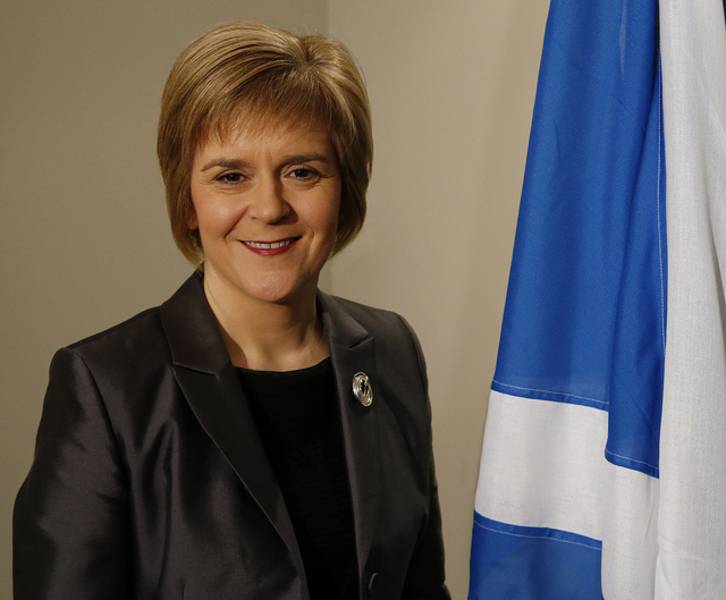 components are precisely the left policies and nationalism. In an attempt to compete with the Tories Ed Miliband defended tight budgetary discipline but not as tight as the Tories wanted.
components are precisely the left policies and nationalism. In an attempt to compete with the Tories Ed Miliband defended tight budgetary discipline but not as tight as the Tories wanted.
During the debate on 2 April the discussion about the pace and size of the reduction of the budgetary deficit was a major issue. This year it is expected to be -4.5% of GDP and next year -3.5% of GDP. The Greens, SNP and Plaid Cymru insisted the pace of the reduction to be slower to enable the economy to completely reveal its potential. Nicola Surgeon wants an increase of spending and Leanne Wood from Plaid Cymru believes that it is completely irresponsible to put a deadline for bridging the budget gap. Ed Miliband was of the opinion, though, that an end should be put to spending beyond means. This position of his was dictated not only by the strong support for lefter policies but also by the legacy of his party after a 13-year rule under Tony Blair and Gordon Brown when the budget deficit bounced to Greece-like records. In 2010, when the Tories came to power, UK's budget deficit was -9.5% of GDP. Ed Miliband was forced many times to deny the bad decisions of Blair's Labour.
The third possible reason for David Cameron's extraordinary success is the fact that the last five years were not marked by any big political scandals similar to Mr Blair's decision to involve Britain in the coalition of willing in the war in Iraq which marked his political career for a long time. Obviously, the logic of the voter was that Cameron's government might not have been the most successful one in British history but certainly is not the worst. That is why to bet on something familiar rather than voting for the unclear left of Ed Miliband or the clear but scary far left of SNP proved the lesser evil.
The Scottish issue
In his victory speech on 8 May, Mr Cameron showed that he understood the most important messages from the election and especially from the outcome in Scotland. That is why he underscored that a major task of his second government would be to keep the country united. "We will govern as a party of one nation, one United Kingdom. That means ensuring this recovery reaches all parts of our country, from north to south, from east to west". During one of his media appearances during the campaign David Cameron was asked about the expected Labour losses in Scotland. Then he said this was Ed Miliband's problem for which the Tories could not be blamed. Obviously now he is aware of the scale of the problem that has the potential to further unfold.
And that problem has two sides. One and more important is that at the moment Scotland is, practically, under a single-party rule. Neither of the mainstream and British parties has influence in that part of Britain. This is very dangerous not only for the survival of the British union but for Scotland itself as well. The second side of the problem is the referendum on EU. It is not clear after the resignation of Nigel Farage what course would the party take but it can be assumed that, although David Cameron has succeeded to neutralise the biggest threat for his party, the eurosceptic rhetorics will survive and even sharpen. He promised the referendum on EU to take place in 2017 if he fails to secure a reform of the EU of his own taste.
If that referendum takes place and there is a division of the vote in Scotland and the rest of Britain this, according to many analysts, would mean the Scottish independence issue will be put forward again. SNP leader Nicola Sturgeon said in her victory speech after the election last week that the party MPs would represent entire Scotland, including those who voted "yes" in the independence referendum and those who voted against.
Aftershocks in Europe
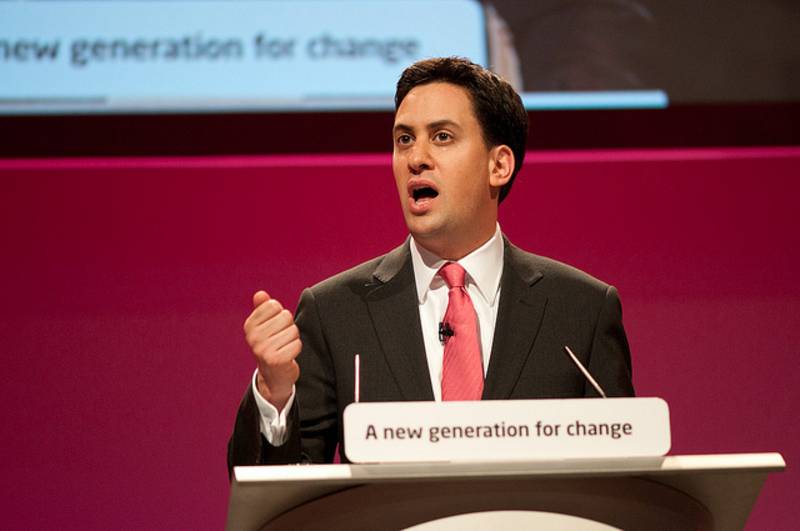 What happened in Scotland was described by then outgoing Nigel Farage an "earthquake" - "There was an earthquake this election, and it happened north of the border – it happened in Scotland", he said. The aftershocks from the strong earthquake, however, are expected to be in Europe where the leaders have begun to slightly realise what is coming. The news from the British election is good for the European Parliament which can now breathe in relief that Farage's party would not be rising and therefore the group it is in - Europe of Freedom and Direct Democracy - would not be such a big threat as it seemed at the European elections last year.
What happened in Scotland was described by then outgoing Nigel Farage an "earthquake" - "There was an earthquake this election, and it happened north of the border – it happened in Scotland", he said. The aftershocks from the strong earthquake, however, are expected to be in Europe where the leaders have begun to slightly realise what is coming. The news from the British election is good for the European Parliament which can now breathe in relief that Farage's party would not be rising and therefore the group it is in - Europe of Freedom and Direct Democracy - would not be such a big threat as it seemed at the European elections last year.
But the news is not good for the European Council where some leaders hoped to relax if Cameron lost. But now they will have to deal much more with the British question than with other, more European issues. "I count on the new British Government making the case for the United Kingdom's continued membership of the European Union. In that I stand ready to help", said European Council President Donald Tusk (ex-prime minister of Poland) in a special statement on the occasion of Mr Cameron's victory. "The European Union is faced with challenging times ahead. The UK's voice counts in defining the future of Europe. I look forward to continued close cooperation with Prime Minister Cameron", Mr Tusk added.
Jean-Claude Juncker, who was in a major conflict with David Cameron around his election as European Commission chief, issued a very brief statement in which he expressed readiness to work with the British premier for a "fair deal" for UK in EU "and look forward to your ideas and proposals in this regard". The biggest political group in the European Parliament - of the European People's Party (EPP) - wrote on Twitter: "We expect David Cameron to spend his political capital to tell the British the truth about their membership in EU", said Romania MEP Siegfried Muresan, spokesman of the group. Gianni Pittella, leader of the Socialists and Democrats group (Italy) admitted that the result of Labour was surprising and disappointing for the group. "With the promise of an in/out referendum on the UK's membership of the European Union this result has huge consequences for the whole of Europe. The S&D Group sees the UK as an essential part of the EU and calls on David Cameron to make a strong and positive case for Britain's continued membership", Mr Pittella's statement says.
Guy Verhofstadt, the Liberal leader, did not at all comment on the devastating loss of the Liberal Democrats. He wrote on Twitter: "I want UK at the heart of the EU just as my fridge is the heart of my office". Two days before the election he was much more serious outlining in detail his vision for the future EU-UK relation in the new European edition of POLITICO. In an article he says that not just the British but no one in EU is happy with the existing European treaty. "Not only 'the' Brits or 'the' Eurosceptics, but also pro-Europeans are fed up with the institutional deadlock". If the British want a renegotiation of their role in the Union, they should send a reasonable request. The options, though, are just two, the former prime minister of Belgium writes, based on a comprehensive and deep reform of the founding Treaty.
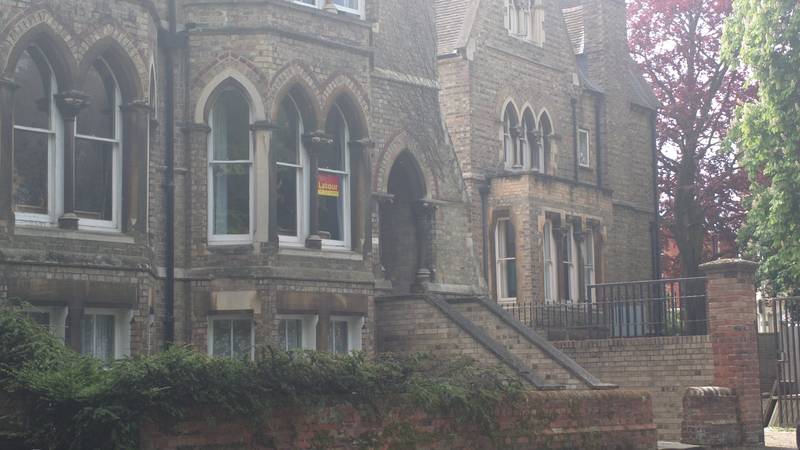 This means that the British will have to accept the outcome of the change which should be two types of membership: the first type is full membership which excludes incomprehensible and vague opt-outs, and the second is associated membership. It will ensure access to the internal market with free movement of goods, services, capital and people. However, this would mean a loss of the full representation and the relevant voting rights in the EU, Guy Verhofstadt writes. The Greens were first to react to the election with a declaration in which they blame the "lack of political leadership on Europe has led us to a situation in which the UK is sleepwalking its way out of the EU". According to the Greens/European Free Alliance group, this would have "dramatic and negative consequences" for Britain, its component nations and the rest of Europe.
This means that the British will have to accept the outcome of the change which should be two types of membership: the first type is full membership which excludes incomprehensible and vague opt-outs, and the second is associated membership. It will ensure access to the internal market with free movement of goods, services, capital and people. However, this would mean a loss of the full representation and the relevant voting rights in the EU, Guy Verhofstadt writes. The Greens were first to react to the election with a declaration in which they blame the "lack of political leadership on Europe has led us to a situation in which the UK is sleepwalking its way out of the EU". According to the Greens/European Free Alliance group, this would have "dramatic and negative consequences" for Britain, its component nations and the rest of Europe.
The statements of all political leaders in Britain hardly mentioned Europe, if at all, excluding Nick Clegg. "It is no exaggeration to say that in the absence of strong and statesmanlike leadership, Britain’s place in Europe and the world, and the continued existence of our United Kingdom itself, is now in grave jeopardy", the former leader of the British Liberal Democrats said.
The British election not only brings up the issue about Europe not only in Britain but across the EU but it also raises questions about political representation and democracy that are already tormenting the analysts on the Continent. On election night Anne Lapping, governor at London School of Economics, said that the dilemma at the moment is, on the one hand, which party to vote for and, on the other, does anything depend on politicians. According to many analysts, there is a process of fragmentation of the political status quo in Britain going on. Professor Martin Loughlin from LSE was provocative saying that the British Union would break-up during his lifetime.
Beyond pessimism and fear of the processes of political transformation in Britain and EU, one should not ignore the other option as well. If David Cameron somehow succeeds to take Britain out of EU unharmed and with good economic performance this would show that there is life outside the EU. And that would unleash an uncontrolled process of European disintegration. And if that could potentially be a good news for the old democracies and capable economies, such a disintegration would be catastrophic for the young democracies and the new member states, especially in the current geopolitical situation. So, the stakes in the EU stemming from Britain's actions are much bigger than it might initially seem. The time is right for a new, deep and open debate about the future of the EU, accompanied by an analysis of the mistakes made and the political compromises. And very importantly there is a need to put a price tag on every possible scenario. May be it is high time David Cameron to appear in the European Parliament for a debate because this is important both for his case and for the European citizens as well.
*By the time this article was translated in English Nigel Farage's resignation was rejected by the party and he will continue to preside over his party
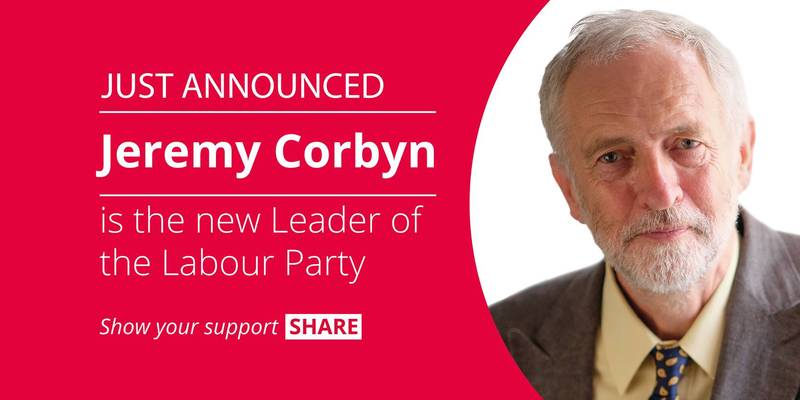 Jeremy Corbyn | © Labour
Jeremy Corbyn | © Labour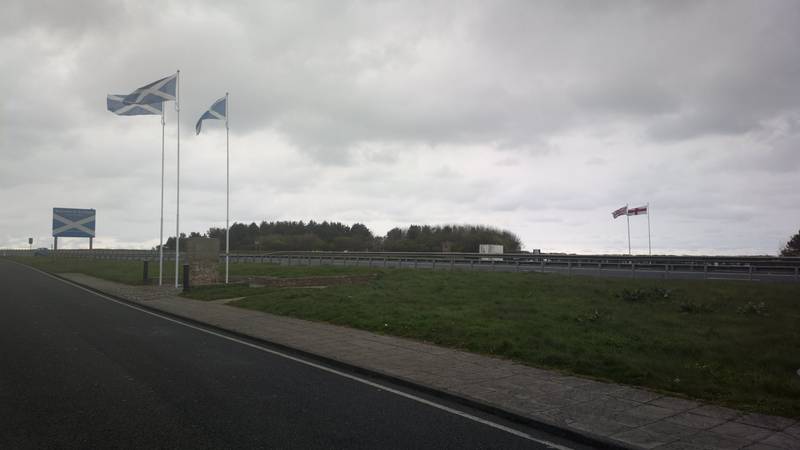 | © euinside
| © euinside Professor Michael Keating | © University of Edinburgh
Professor Michael Keating | © University of Edinburgh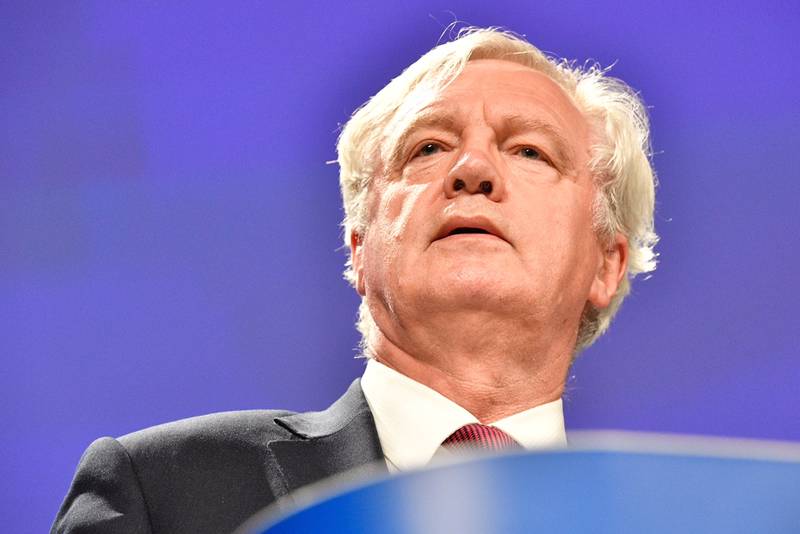 David Davis | © European Commission
David Davis | © European Commission Angela Merkel | © Council of the EU
Angela Merkel | © Council of the EU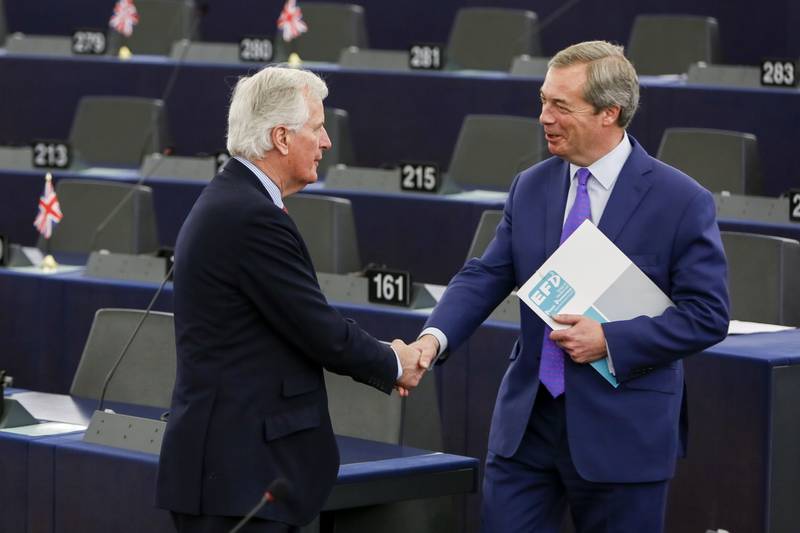 Michel Barnier, Nigel Farage | © European Parliament
Michel Barnier, Nigel Farage | © European Parliament